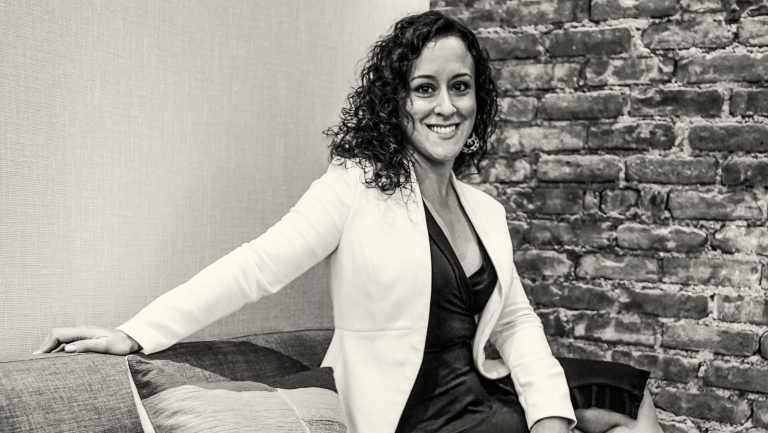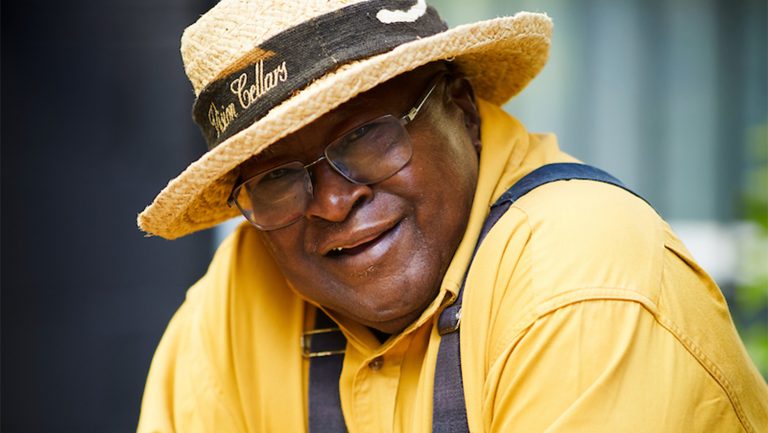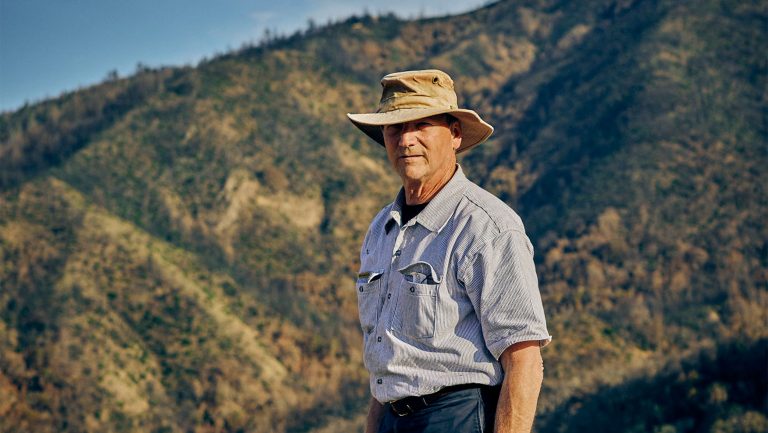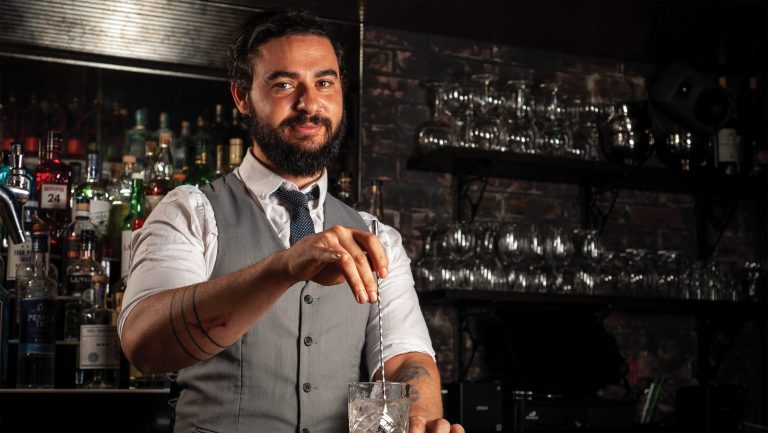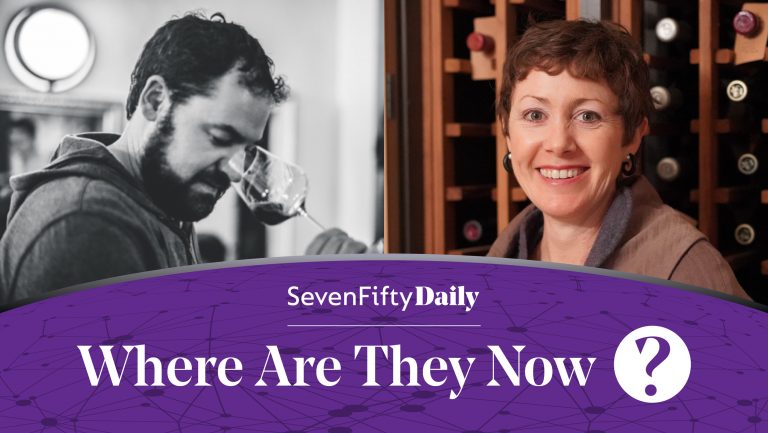As managing director at Wine in Motion, a Portuguese-focused boutique wine importer, Blanche Orbe may be a niche player, but her job is wide-ranging. She started last year with solid chops in brand management and sales, and her work now straddles both sides of the business—and then some.
“I wear two hats,” she says. Or seven or eight.
She’s a marketer, salesperson, team manager (and player) but also the de facto human resources director and logistics manager, as well as the chief negotiator, storyteller, evangelist, and sometimes therapist at Wine in Motion. On any given day, Orbe could find herself traveling to a sales call, creating company policy manuals, hosting a dinner for wine producers with journalists, conducting trade tastings, tracking containers, or tracking down—on the warehouse floor, in her high heels—a forklift operator to load pallets of wine cases.

Don’t miss the latest drinks industry news and insights. Sign up for our award-winning newsletters and get insider intel, resources, and trends delivered to your inbox every week.
“Soon enough I’ll have people in [for] all those tasks,” she says. “But right now, it’s almost like starting from scratch.”
Based in New Jersey, the six-year-old importing business represents such Portuguese superstars as Luís Pato, Herdade da Malhadinha Nova, Herdade do Mouchão, and Kopke. Just before Orbe was hired, Wine in Motion was acquired by Sogevinus Fine Wines USA, and her immediate charge was an overall assessment of operations.
“The business was run like a mom-and-pop store, but we have to be better positioned to grow,” she says. To that end, Orbe has the company undergoing SWOT analysis (an examination of its strengths, weaknesses, opportunities, and any threats), and she’s reviewing its systems and logistics—from scheduling deliveries and receivables to creating new marketing programs and building a presence for the company in the category.
Orbe is also managing Wine in Motion’s relationships with producers, who, after the transition, she says, could have gone with anyone. “I had to make them believe in me and my vision, and show them that my ideas are aligned with theirs to push the category as premium.”
Orbe’s career path in wine has been steady, each position a building block of skills that helped her land her current executive role. Her first—a four-year stint at Sopexa—gave her exposure to the business side, including trade marketing, and involved her in the launch of Côtes de Provence Rosé in the U.S.
But it was her first trip to Bordeaux that put things in context and made her fall in love with the stories beyond the bottles. “That was when I decided that I’m doing this for the rest of my career,” she says. Orbe would eventually go on to manage large retail programs on the East Coast and to work with accounts such as Daniel Boulud’s flagship restaurant, Daniel, in New York City, but she didn’t speak French, which turned out to be a hindrance in that work.
At that point, a former boss suggested she go into sales, an idea she resisted until a friend recast the situation. “She said [to me], ‘You’re already in sales,’” says Orbe. “‘You may not be selling a product, but you’re already selling an idea.’”
Orbe took the leap, the first of a few through the industry, undertaking sales roles on both the distributor and the supplier sides as a sales rep, and eventually becoming a portfolio manager at Moët Hennessy, working with Manhattan’s top accounts.
“She was always so directed, and not afraid to try new things and move around,” says Beth Cotenoff, a former Sopexa colleague. “Every couple of years she just went for it and did so with success … that always impressed me.”
But a call from a recruiter for a Portuguese wine company intrigued her—and Orbe jumped at the chance to work in a new territory.
“I really wanted to know where [Portuguese wine] was going and to be a part of that,” she says. “I wanted to put my stamp on it and thought that if I got in this early, I could.”
The company was Esporão, a large, family-owned winery in Portugal’s Alentejo region. Orbe got in at a good time. Helmed by a visionary 30-something CEO, Esporão was among the first Portuguese wineries to push marketing programs. Orbe managed all communications and advertising, trade programs, media relations, and press trips.
“Nothing prepared me for it,” she says, recalling that beyond promoting a wine brand, she found herself promoting an entire country, which in 2010 was still under the radar for most wine consumers.
“We had to get the message across and indirectly try to create an image for Portugal,” Orbe says. “We started so early, a lot fell on our shoulders.” She fielded calls about everything from Portuguese tourism to how to pronounce the names of the grape varieties.
“We were really the only ones doing it,” she says. At the time, she worked with the chef George Mendes, whose parents are Portuguese, on educational videos and consumer-facing events. “We single-handedly changed the image for Portugal and targeted the American consumer. The average American consumer didn’t know where Portugal was, and they now know how to pronounce Touriga Nacional.”
After four years at Esporão, Orbe moved to the importer Palm Bay International as a brand manager for José Maria da Fonseca, the company’s only Portuguese brand, and the Chilean megabrand Santa Rita.
“It was culture shock because I was used to doing everything,” says Orbe. “At Palm Bay, there was a person who handled each job.” She says it was career changing, though, to work on a big brand with seven-figure budgets and national accounts, but with her heart still in Portugal, Fonseca became Orbe’s passion project. Using her accumulated knowledge about the country, she overhauled the sales and educational materials.
“I believe I revived the brand within the company,” she says, “and gave them the educational tools they needed to understand not just the wine but where it comes from and why it’s special.”
Michael Preis, the vice president of marketing at Palm Bay, recalls Orbe’s singular focus.
“Blanche’s knowledge of the Portuguese category, from key wineries and trends to accounts and buyers, was instrumental to JMF’s success in the U.S.,” he says. “She represented the wines with enthusiasm and passion.”
But the long commute out to Long Island as well as being a mother to a toddler, ended up causing Orbe to take a job closer to home. She returned to sales, with the Winebow Group in New York City, where she focused on the MundoVino portfolio of wines from Spain, Portugal, and South America, working with brands such as Bodega Catena Zapata, Cousiño-Macul, and Marqués de Griñón.
Yet she still felt a tug for something more.
“When brands get big, they lose themselves a little,” she explains. “Working in a niche category, the growth is more organic and exciting.”
So when a recruiter called her for a position with another Portuguese-focused company, she didn’t hesitate. And this time, she was well prepared.
Frank Paredes, a former vice president at MundoVino who currently works at Now Wine Imports, a new company owned by Esporão, says Orbe’s blend of experiences makes her perfect for her new role.
“She definitely found a connection and a real passion for Portugal and found a way to get back into it,” he says. “She’s taken on this niche at the perfect time. Consumption habits are shifting more toward what she’s representing—a generation of passionate wine consumers who look for something different.”
Orbe’s passion for the category definitely helped her land her job at Wine in Motion, but she says it also helped to have “tough skin, perseverance, and vision.” She says it’s important to know where and how to grow without selling out, and to embrace the impulse to “do everything better” and to look “at all angles.” She advises others who are making similar transitions to always ask how they can make improvements.
Her role now, Orbe says, represents everything she’s ever done, from promotion and sales to influencing consumer perceptions. “Esporão entered me into the culture and nuances that help me relate to my suppliers today,” she says. She adds that when parent company Sogevinus needed someone to be the face of Portugal for the company, her experience with new and established brands and her on-the-ground experience in Portugal gave her an advantage.
“There’s still a lot of work to be done,” she says. But “it’s not just about Portugal anymore, it’s about Portuguese fine wine.”

Dispatch
Sign up for our award-winning newsletter
Don’t miss the latest drinks industry news and insights—delivered to your inbox every week.
Lana Bortolot has written on food and wine for Forbes, Dow Jones, Wine Enthusiast, Saveur, and other magazines of the wine and spirits trade. She reported on real estate for the New York Times, Wall Street Journal, and New York Post, and on design for Entrepreneur magazine. She is a candidate for Wine & Spirit Education Trust’s Level 4 Diploma. Having covered most European wine regions and a few in South America, she is always looking to add a new wine-stained stamp to her passport.

